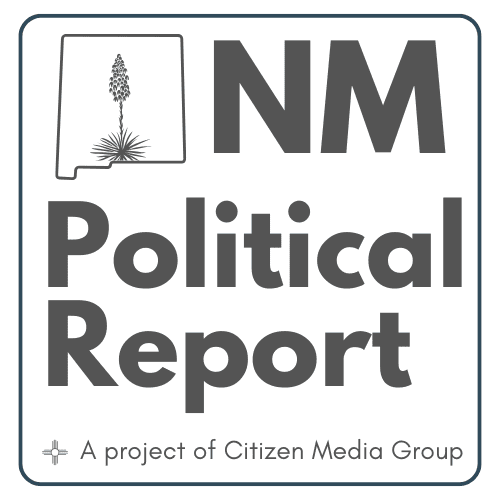Over $69 million in federal funding for New Mexico infrastructure, housing assistance for 11,000+ families and tribal programs cleared a key Senate committee hurdle last week, bringing the state closer to receiving critical investments in water systems, housing and economic development.
U.S. Senator Martin Heinrich secured over $69 million for New Mexico projects and programs after the Senate Appropriations Committee approved two major spending bills this week.
The funding, part of fiscal year 2026 Interior and Transportation-Housing appropriations bills, includes $52 million in direct project funding for 39 local initiatives across New Mexico plus programs that will assist more than 11,000 families with rent payments, according to a press release from Heinrich’s office Friday.
“While these Appropriations bills aren’t perfect, they include resources and investments I negotiated for New Mexico that will fund Tribal health care and education, help Tribal law enforcement officers solve and reduce violent crime, and continue funding for the Institute of American Indian Arts for the 2026-2027 school year,” Heinrich said in the press release. “This legislation will help over 11,000 families in New Mexico afford rent, build new housing and invest in border communities through the Southwest Border Regional Commission.”
The housing assistance portion addresses critical needs across New Mexico, where residents face mounting affordability challenges. The Housing Choice Voucher program, commonly known as Section 8, helps low-income families pay no more than 30 percent of their income toward rent, with federal subsidies covering the remainder.
New Mexico housing authorities face significant demand for rental assistance. The Albuquerque Housing Authority alone serves about 3,200 households with $23 million annually but reports average search times of 200 days for voucher holders to find landlords willing to accept the assistance.
The largest individual project allocations target critical water infrastructure needs affecting communities statewide. Heinrich secured $2.09 million for Rio Rancho to expand its aquifer reinjection system and $1.075 million for Truth or Consequences to replace aged and damaged waterlines.
Multiple tribal communities will receive water system improvements, including $1 million each for Zuni Pueblo drinking water system improvements and Questa’s municipal well protection project. The Albuquerque Bernalillo County Water Utility Authority will receive $1 million for wastewater system improvements in Carnuel.
These investments address infrastructure gaps in tribal communities, where residents often lack basic services. About 33 percent of Navajo Nation residents, whose reservation extends into New Mexico, lack running water. Native American homes nationwide are 19 times more likely than white households to lack full plumbing, according to federal data.
Heinrich secured $5 million for the Southwest Border Regional Commission, a federal-state partnership designed to boost economic development in southern border regions of New Mexico, Arizona, California and Texas.
Beyond infrastructure, Heinrich protected $13.48 million for the Institute of American Indian and Alaska Native Culture and Arts Development after the administration threatened to withhold the institution’s funding earlier this year. The senator previously secured the release of fiscal year 2025 funds for the Santa Fe-based school.
The package also includes $23.75 million for Tribal Historic Preservation Offices and $2.66 billion for Indian Health Service hospitals and health clinics.
Heinrich successfully included $500,000 to implement the Safeguard Tribal Objects of Patrimony Act, legislation he championed in 2022 to prevent trafficking of sacred Native American items and increase repatriation of stolen cultural artifacts.
Despite committee approval, the bills face an uncertain path to becoming law. The measures now proceed to the full Senate, where they need 60 votes for passage. Congress has until October 1 to pass final fiscal year 2026 spending bills or risk a partial government shutdown.

This report is supported by NM Political Report, a nonprofit newsroom working to increase New Mexicans’ engagement in politics and public policy.
Reported by: Kevin Hendricks
This report is original reporting by a New Mexico-based independent journalist with support NMreports.org and its readers and sponsors.
